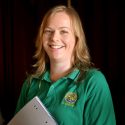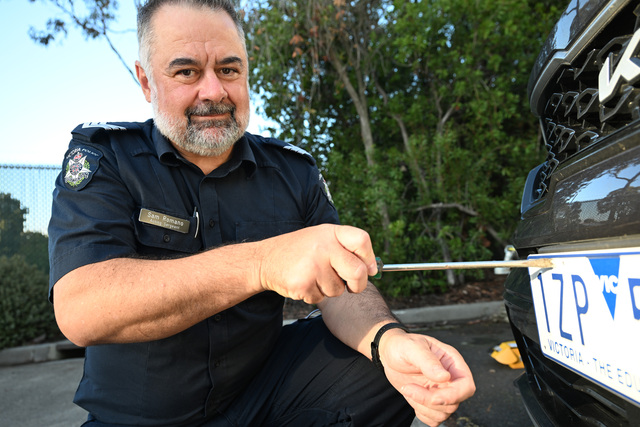Recent inflammatory remarks made by a prominent federal politician have shone the spotlight on special education, but not necessarily in a positive manner.
The conversation that has occurred as a result of these comments has been both ignorant and ill-informed.
The mainstream education system, as it exists currently, is a system that is designed to benefit the ‘few’ rather than the masses.
Research has continued to show that students are more successful in an environment that allows them to engage in practical, collaborative tasks that are interest-based.
The research is conclusive, however the mainstream education system is slow to make changes.
The special education system is truly designed to enable all students to experience success, regardless of their diagnosed disabilities.
Students within this system have a variety of needs and challenges, however the system is such that they can be supported to become the best possible version of ‘them’.
There are many practices and concepts that are commonplace, even mandatory, within special education that should, I believe, be in place in the mainstream system also.
All students within the special education system have an individual learning plan – this document clearly and explicitly states the student’s goals for their education for that period, be it 12, six or three months.
This document is created via input from all the key figures in the student’s life.
Wouldn’t it be wonderful, as a parent, to be able to highlight to your child’s school the priorities and goals that you have for your child?
Learning that occurs in special education settings is largely hands-on and practical.
Life skills are addressed, in conjunction with the mandated curriculum.
How often is it said that our students in mainstream settings would benefit from learning about taxes, or banking, or household chores?
Special education settings have the ability to be able to address this learning in a real and practical manner.
Specialist settings have the ability to create opportunities for students to engage with authentic tasks – tasks that hold a purpose and meaning for our students.
It is well-researched and documented that tasks of this nature are more engaging for all students, leading to higher performance and achievement rates.
Yet many mainstream environments still function with students sitting in rows, behind either text books or laptops, working through questions in silence.
The staff working in these environments are not to blame – they do an amazing job in some very difficult circumstances.
The need for greater support to allow all students to support true student growth must start at the top.
Increased funding for all schools, both mainstream and specialist, would allow for smaller class sizes, increased funding and increased opportunity for all students to experience success.
And just perhaps the mainstream system could, one day, adopt some principles and practices from their special education counterparts and produce a system that is truly aimed at supporting all students and promoting positive outcomes for all.
– Susan Collier is a Dandenong North resident and specialist school teacher







